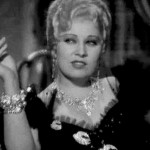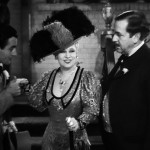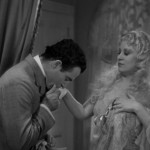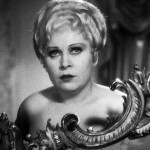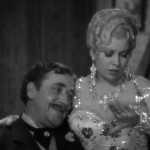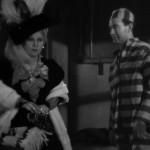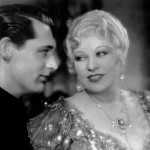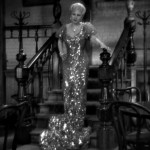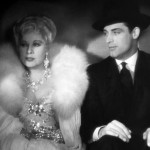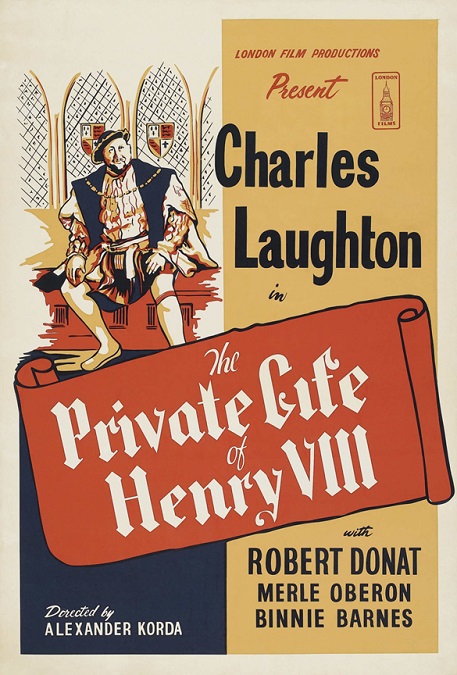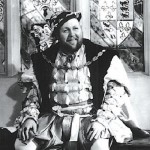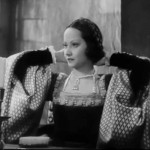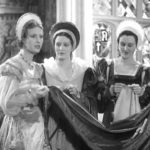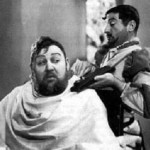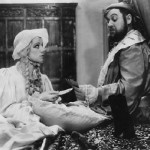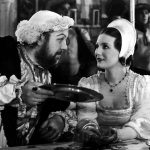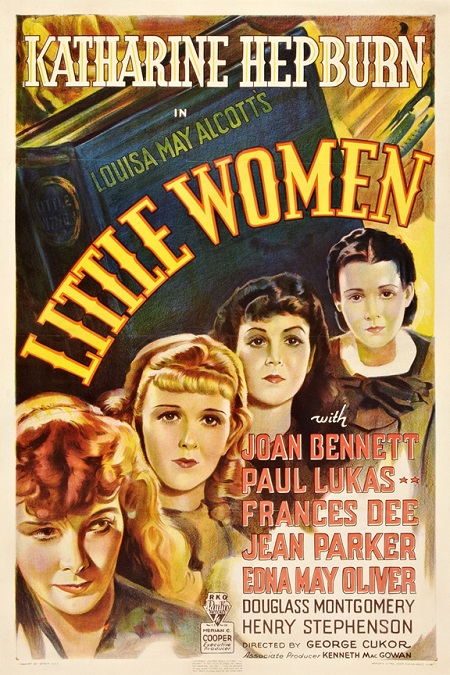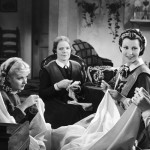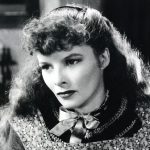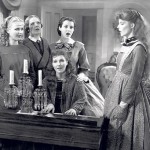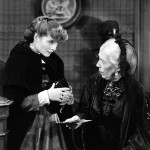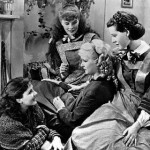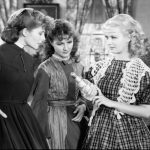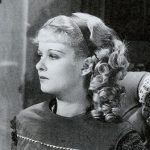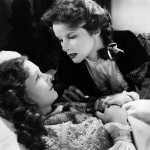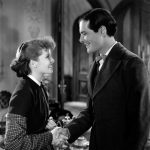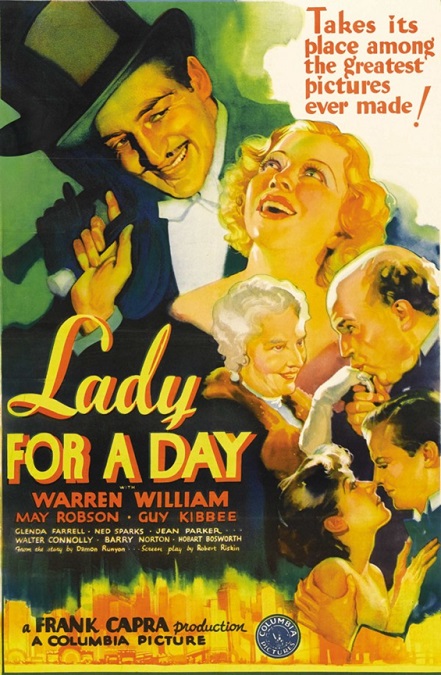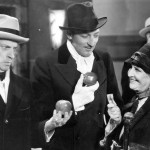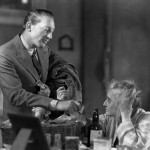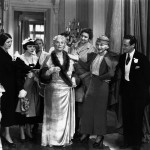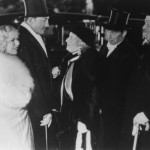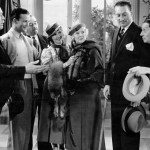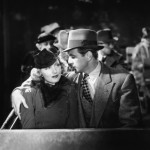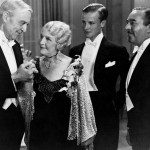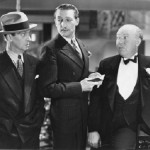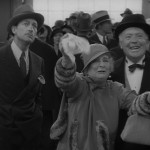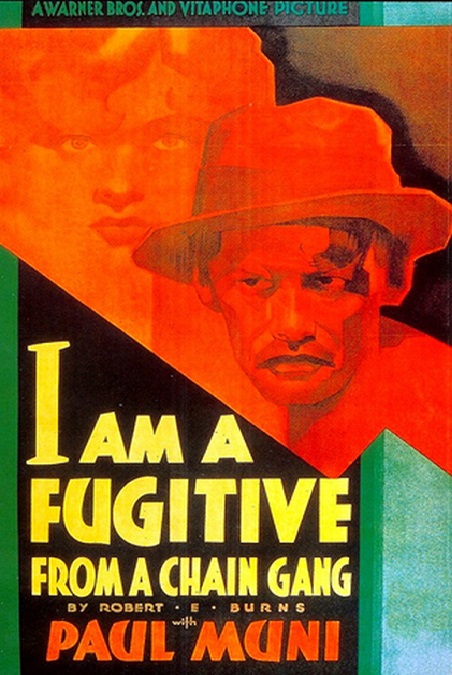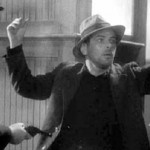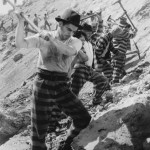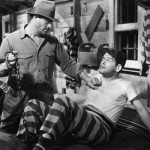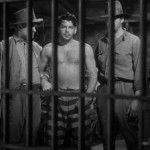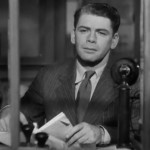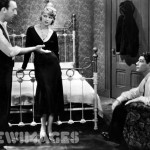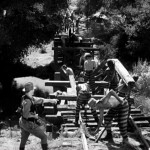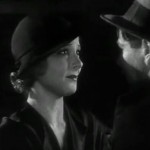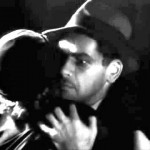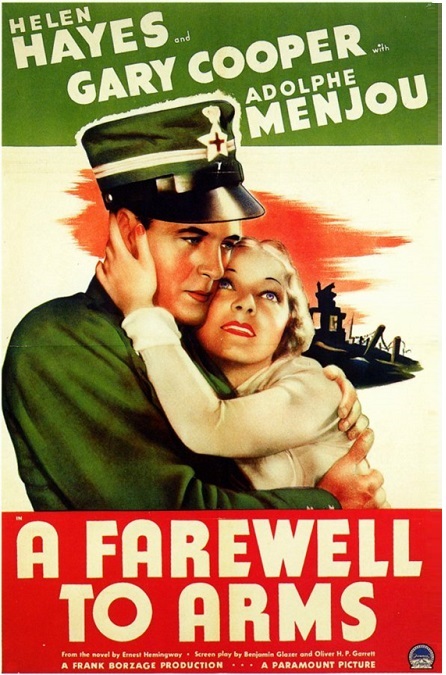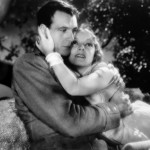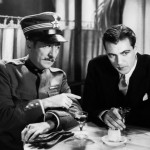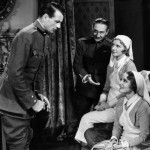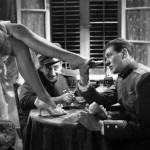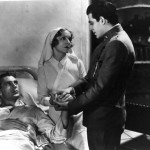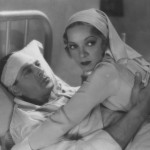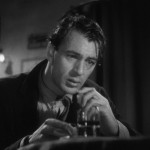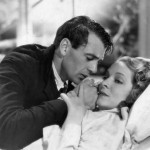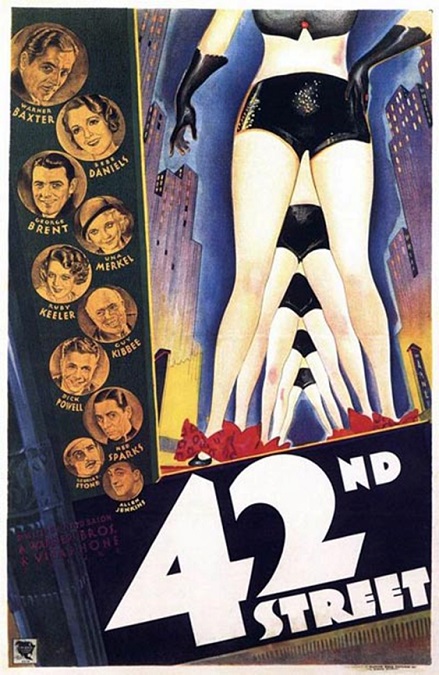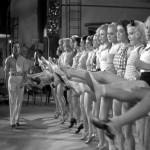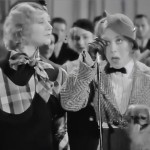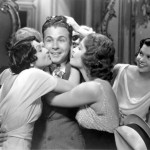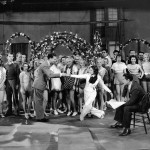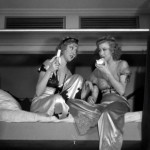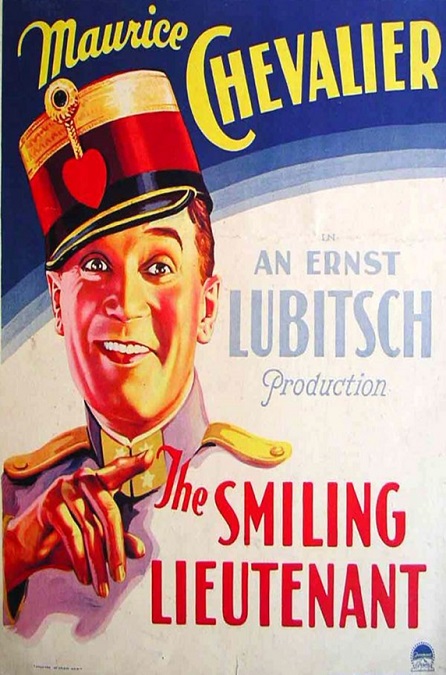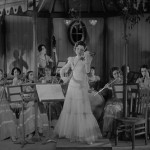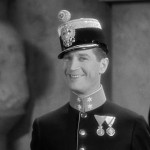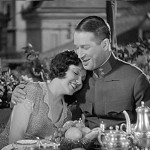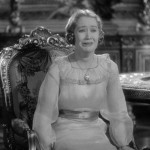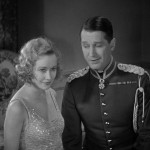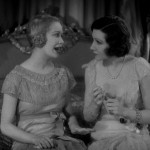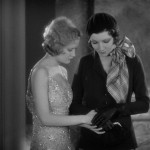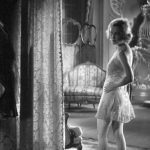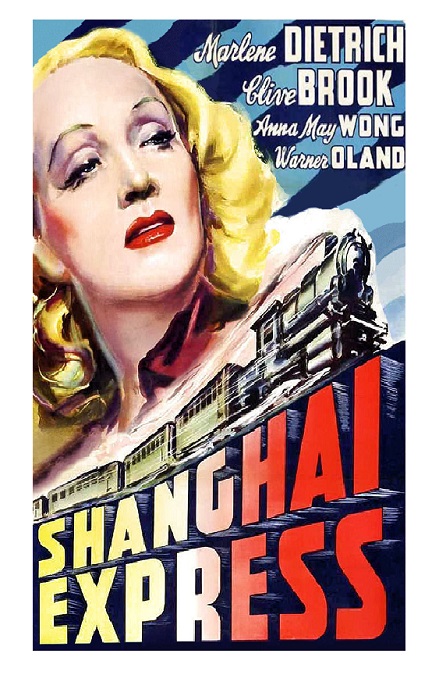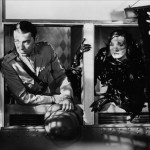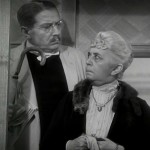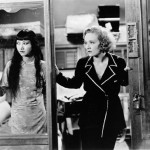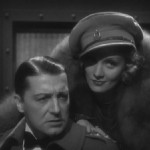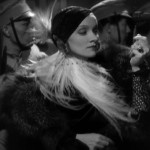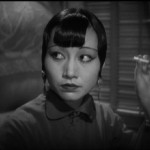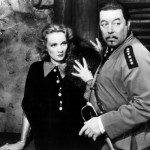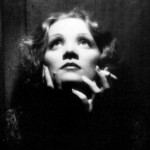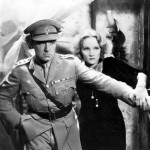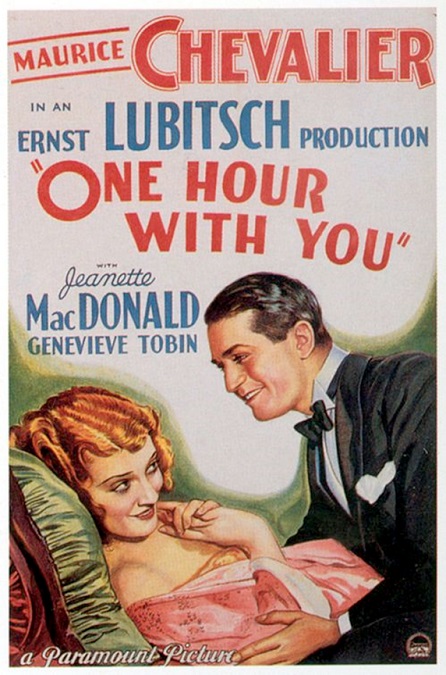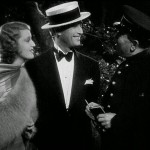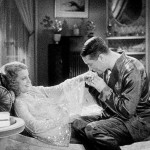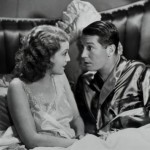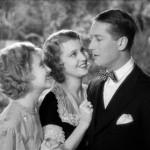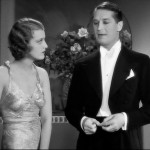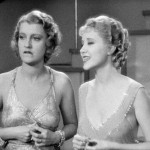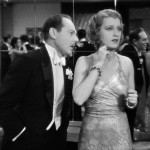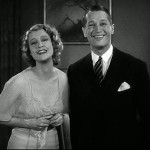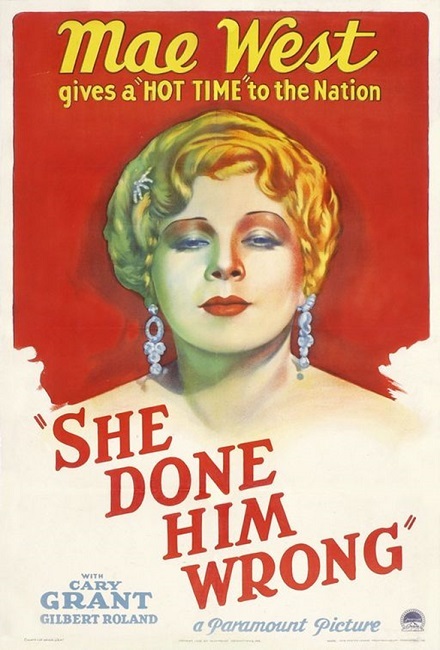
She Done Him Wrong – 1932 / 1933
I wasn’t sure what to expect with this one. After all, it is the first movie I have ever seen with Mae West. Of course, we all know the kind of bawdy reputation she had. She was a woman who was known for her raw sexual prowess, quick wit, scandalous reputation, and yet, her classy persona. And let me tell you, she didn’t disappoint.
West was the clear star of this film, a film which, I have learned, is responsible for the saving of Paramount Studios. The Studio was on the verge of financial failure when She Done Him Wrong grossed over $2,000,000 on a $200,000 budget. It was full of sexual references and double entendre. Line after witty line was delivered masterfully by Mae and the audiences loved every one of them.
This was the film in which the famous line “I always did like a man in a uniform. That one fits you grand. Why don’t you come up sometime and see me? I’m home every evening.” There were dozens of more great lines, too many to mention them all in this review, that were explicitly sexual references thinly disguised as flippant comments.
However, I will mention a few of my favorites. When Captain Cummings asks her “Haven’t you ever met a man that could make you happy?” She replies, “Sure, lots of times.” Another time she is told “I am Delighted. I have heard so much about you.” She smoothly replies, “Yeah, but you can’t prove it.” Or in another great line, she says, “I wasn’t always rich.” “No?” asks her maid. “No,” she says with a smile. “There was a time I didn’t know where my next husband was coming from.” And lastly, when an old woman says to her, “Ah, Lady Lou, you’re a fine gal, a fine woman,” she quickly retorts, “One of the finest women ever walked the streets.”
But on to the plot. The film was about Lady Lou, played by West, a singer in a saloon. Her crooked boss, Gus, played by Noah Beery, is in love with her. Her jailbird ex-lover, Chick Clark, played by Owen Moore, is in love with her. Every man she knows seems to be in love with her. All except for Captain Cummings, played by a very young Cary Grant, who runs the Salvation Army Mission. He admires her but is on a mission to bring down Gus and his criminal empire.
To make a long story short, Chick escapes from jail and comes for Lady Lou. Gus is brought down and arrested by Captain Cummings, who turns out to be a federal agent who had been after him all along. He also catches Chick and takes him back to jail. But once his job is done, he pretends to arrest Lou just so he can get her alone. As they ride off together in a cab, he slips a diamond engagement ring on her finger and proposes to her. Then he says, “You bad girl.” A delighted Lou smiles and replies, “Mmmm. You’ll see.” Romance was apparently pretty quick in those days.
Mae West looked fantastic. Her hour-glass figure was incredibly curvy and voluptuous. Her dresses were always sparkly and skin tight. In fact, she had to be sewn into most of the dress she wore. And, of course, we got to hear her sing some great and memorable songs for her act in the saloon. The two that caught my attention were A Man What Takes His Time and Frankie and Johnny. I can think of specific examples of where these songs are still being used in films today.
This was actually Grant’s 2nd film role and already his famous wit and personality were fun to see. He is always a pleasure to watch. He was young and handsome, and knew how to deliver those tricky lines with an easy, charming attitude, and a debonair smile. His lines always seem to just roll off his tongue.
I really enjoyed this film. It was entertaining and funny in a way that few movies of today even come close to. It is interesting to note that the script was based on a Broadway show that starred West called Diamond Lil. In order to get all the bawdy lines past the censors, the script was toned down considerably. But all the racy lines that made it into the film make me stop and wonder. What was the original Diamond Lil really like? It really must have been something to see.
